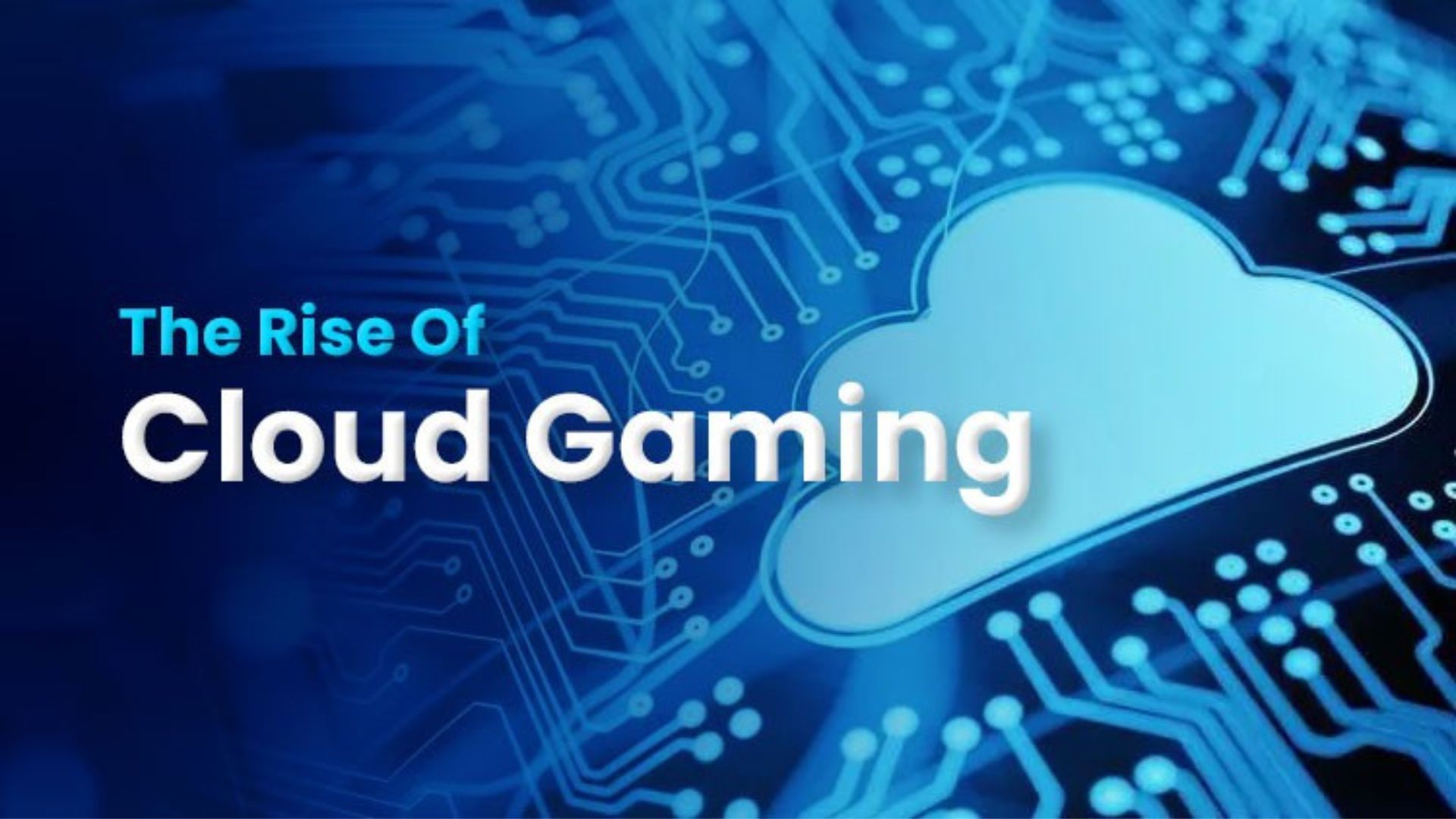For decades, gamers have relied on powerful consoles and high-end PCs to experience the latest titles. However, the landscape is shifting with the rise of cloud gaming and streaming services. These innovative platforms are transforming the way people access and play video games, offering a compelling alternative to traditional hardware ownership.
Cloud Gaming and Streaming Services
To begin with, cloud gaming and streaming services operate on a similar principle to video streaming services like Netflix. More so, instead of downloading and installing games directly onto a device, users access them through the internet. High-powered servers in remote locations run the games, and the video and audio are streamed to the user’s device in real-time. Consequently, this eliminates the need for expensive consoles or gaming PCs, making high-quality gaming more accessible to a wider audience.
Here’s a closer look at the key benefits:
Accessibility
Anyone with a reliable internet connection and a compatible device (smartphone, tablet, laptop, smart TV) can access a vast library of games. This is particularly appealing to casual gamers or those who lack the budget for high-end hardware.
Reduced Costs
Additionally, eliminating the need to purchase expensive consoles or upgrade PCs translates to significant cost savings for gamers. Subscription fees are typically lower than the cost of buying new games or hardware.
Wide Game Selection
Many services offer extensive libraries with a diverse range of titles, from AAA blockbusters to indie gems. Furthermore, this allows gamers to experiment with different genres and discover new favorites without committing to individual game purchases.
Constant Updates
Cloud providers handle game updates and patches, ensuring users always have access to the latest versions. This eliminates the need for lengthy downloads and installations.
Platform Flexibility
Players can access their games from various devices, allowing them to continue playing on the go or switch between devices seamlessly.
However, cloud gaming and streaming services also come with certain limitations:
Internet Reliance
A strong and stable internet connection is crucial for a smooth gaming experience. Lag and buffering can significantly disrupt gameplay.
Data Usage
Streaming games can consume significant amounts of data, which can be a concern for users with limited data plans.
Game Availability
The selection of games available on cloud gaming and streaming services may not be as comprehensive as those available for purchase on traditional platforms. Additionally, specific titles might be added or removed from the library based on licensing agreements.
Controller Compatibility
While some services offer their own controllers, compatibility with traditional controllers can vary depending on the platform.

The Cloud Gaming Landscape
Several major players are currently vying for dominance in the cloud gaming and streaming services market. Here are a few key examples:
Microsoft xCloud
Integrated with Xbox Game Pass, xCloud allows users to stream games from Microsoft’s servers to various devices.
Sony PlayStation Now
PlayStation Now offers a library of PlayStation games that can be streamed to compatible devices.
NVIDIA GeForce Now
This service allows users to stream games they already own on platforms like Steam or the Epic Games Store to various devices.
Amazon Luna
A relative newcomer, Luna offers access to a curated library of games through a subscription model.
The cloud gaming and streaming services market is still evolving, with new technologies and business models constantly emerging. Here are some potential future trends to consider:
Improved Infrastructure
Advancements in internet infrastructure, particularly the rollout of 5G networks, can provide the bandwidth necessary for seamless and lag-free cloud gaming experiences.
Integration with Artificial Intelligence (AI)
AI could be used to optimize game streaming based on user preferences and network conditions, further enhancing the overall experience.
Focus on Mobile Gaming
Cloud gaming and streaming services have the potential to revolutionize mobile gaming, offering high-end titles on smartphones and tablets.
Rise of Exclusive Content
Similar to streaming services like Netflix, cloud gaming platforms might offer exclusive titles or early access to new releases to attract subscribers.
Conclusion

